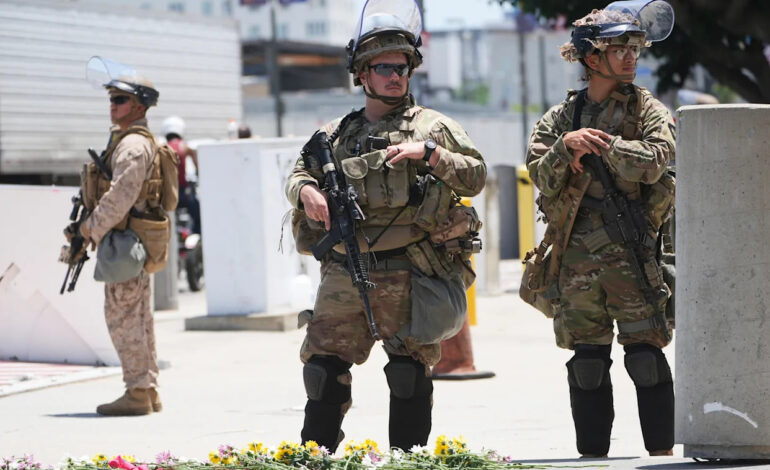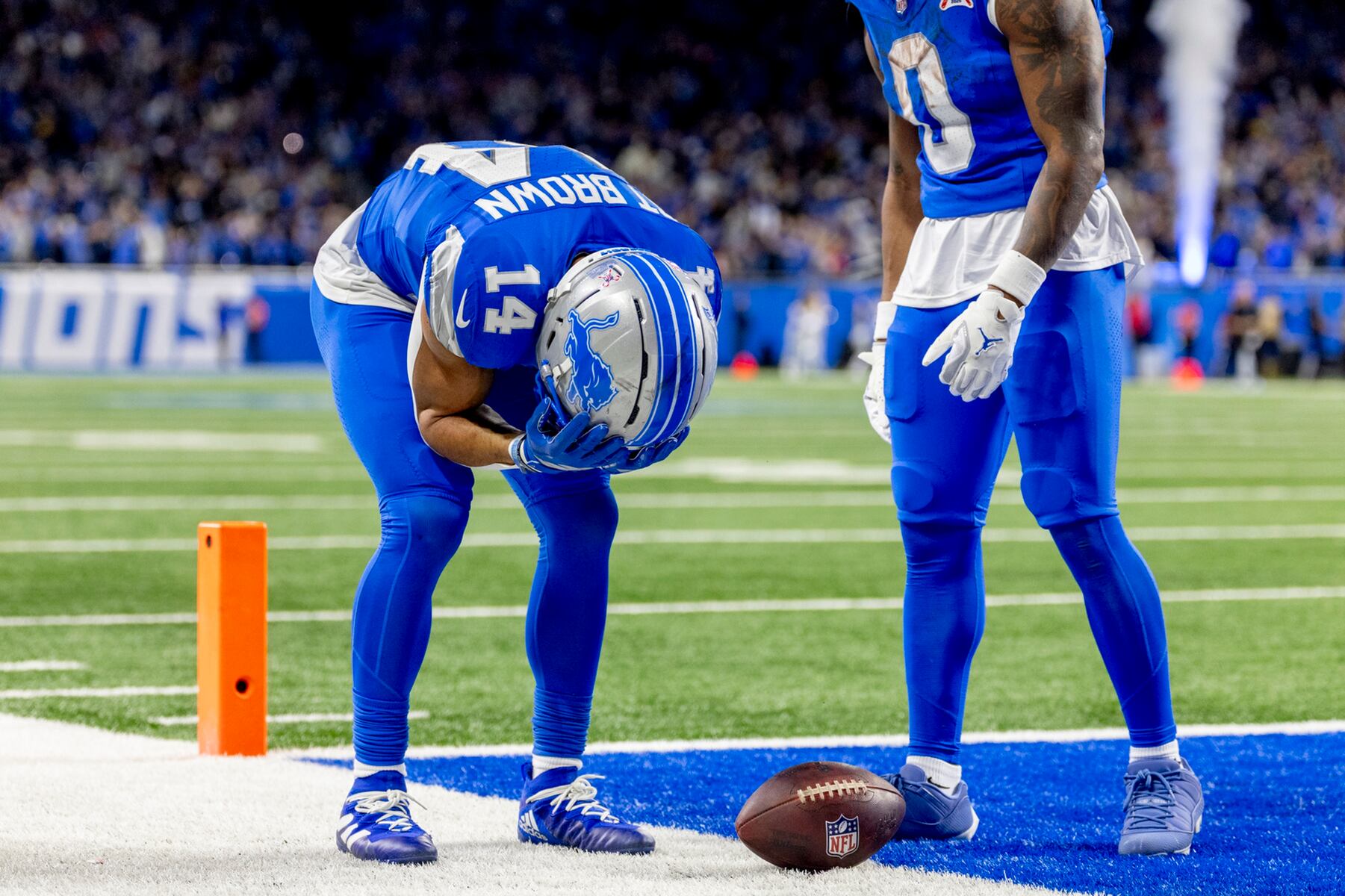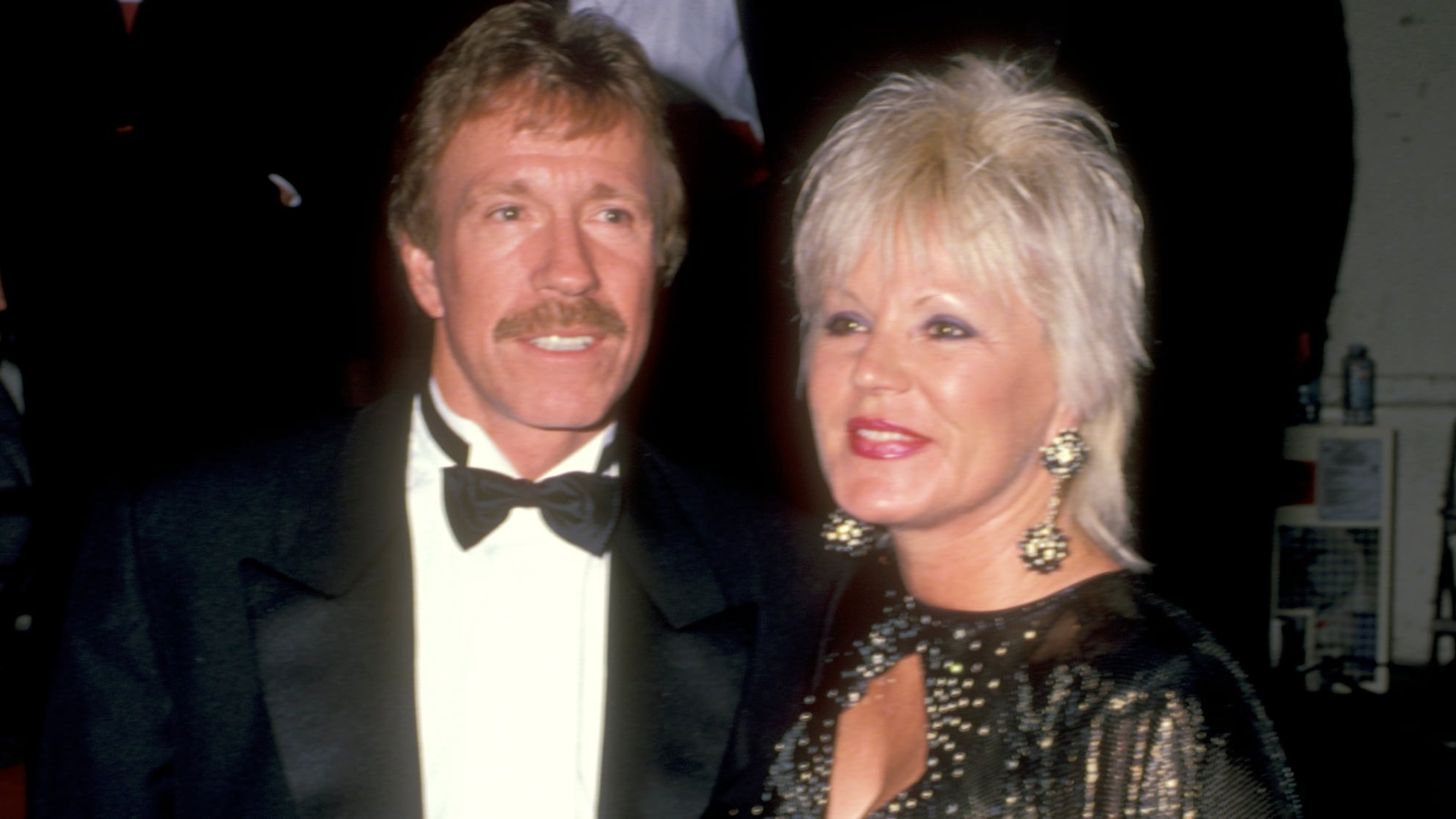Tensions Unveiled in Trial Over Trump’s National Guard Deployments

A federal trial in California has brought to light significant tensions surrounding the Trump administration’s deployment of the National Guard in urban areas. As President Donald Trump announced a new deployment of the National Guard in Washington, D.C., a courtroom in Los Angeles was hearing testimonies that could impact future military operations in American cities.
The trial, overseen by U.S. District Judge Charles Breyer, is examining whether the use of National Guard troops in Los Angeles during an immigration operation violated legal restrictions. Testimony from Maj. Gen. Scott Sherman, who commanded the Guard troops, revealed his initial resistance to a request from federal immigration authorities for military support during a planned operation in June.
Sherman recounted that he expressed concerns regarding the necessity of military involvement, particularly given intelligence indicating a minimal threat to federal agents. This led to a confrontation with a senior Customs and Border Protection official, who questioned Sherman’s loyalty to the nation, a moment that highlighted internal conflicts within the administration regarding the use of military force.
The trial’s proceedings are particularly significant as they coincide with Trump’s ongoing efforts to deploy military resources in response to protests and unrest in various cities. In June, Trump sent approximately 4,000 National Guard troops to Los Angeles, later adding 700 active-duty Marines. Their stated objectives included securing federal buildings and supporting Immigration and Customs Enforcement (ICE) during operations, which had been met with protests.
California Governor Gavin Newsom has criticized the deployment, claiming that the troops have exceeded their mission and are conducting civilian law enforcement activities, potentially violating the Posse Comitatus Act of 1878. This law restricts the use of military forces for domestic law enforcement without congressional approval.
Sherman’s testimony revealed that his concerns led to a delay and rescheduling of a specific operation, initially set for Father’s Day in MacArthur Park, which was later approved for July 7, 2020 under the name “Operation Excalibur.” The trial also examined two other immigration operations where Guard troops were allegedly called upon by ICE, even when their presence was deemed unnecessary.
The implications of this trial extend beyond Los Angeles, as Judge Breyer’s ruling could affect future military deployments in other cities, including those under consideration by Trump. While the trial’s first day focused on the legal parameters of the military’s role in law enforcement, it also underscored the complexities and conflicts within federal agencies regarding immigration enforcement and the use of military resources.
During cross-examination, William Harrington, deputy chief of staff of the Army, noted that the National Guard had been requested for assistance 64 times during their deployment. Although Harrington asserted that none of the troops engaged in activities that would contravene the Posse Comitatus Act, he acknowledged that he relied on field reports and live-streamed operations for information.
The courtroom drama has drawn attention not only for its legal ramifications but also for the potential changes it may bring to how military forces interact with civilian law enforcement. Judge Breyer previously ruled against the deployment of Guard troops, a decision that was overturned by a unanimous appeals court panel. The outcome of this trial could establish new precedents for military engagement in domestic law enforcement.
As the trial is set to continue through Wednesday, the legal landscape surrounding military involvement in urban settings remains uncertain, with significant implications for future administrations and their approach to national security and civil order.






